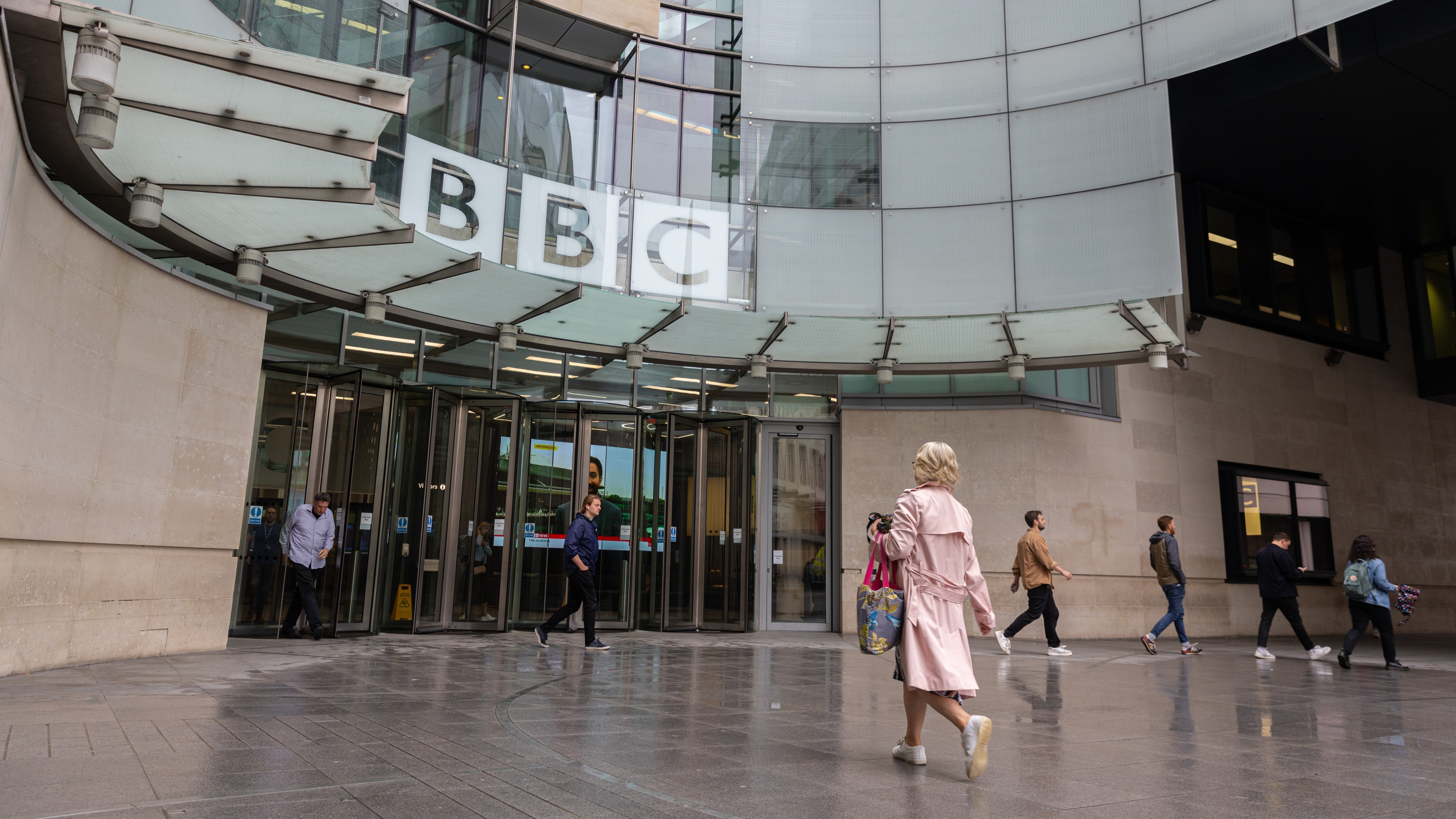More than 40% of behind the scenes workers for the UK’s film and TV industry have less than £1,000 in savings, with 29% reporting low cash savings and high levels of debt, according to the latest report from the Film and TV Charity.
More than 2,000 behind the scenes workers responded to the charity’s latest financial survey, with nearly half (45%) of respondents saying that they were finding it difficult to manage financially.

The results were published in the charity’s report Money Matters: Examining the Financial Circumstances of the Film, TV, and Cinema Industry Workforce, which draws attention to worrying levels of financial vulnerability among the industry’s workforce.
Conducted during October and November last year, the survey also found that more than 80% had been affected by the recent production downturn, with more than a quarter having work cancelled due to the US strikes. Looking forward, more than 70% (71%) were pessimistic or very pessimistic about their financial future.
The report follows up on a snapshot survey conducted by the charity in the spring and summer of 2023 where the organisation saw an 800% rise in applications for its Stop-Gap Grant from workers experiencing urgent financial need.
Marcus Ryder, CEO at the Film and TV Charity, said: “The Money Matters report is a sobering read and it’s critical that the survey results it highlights form the basis for urgent discussion about the welfare of the film and TV workforce, retention of talent, and the future health of the industry as a whole.
“Currently, behind the scenes workers are asked to navigate an industry prone to boom and bust cycles, to deal with structural shifts and respond and pivot to meet the needs of changing business models. In too many cases, they’re asked to do so without any of the safety nets afforded to other workers, despite being at the heart of a multi-billion pound pillar of the UK economy. At the same time, we ponder why people are leaving the workforce and why we struggle to attract and retain talent from marginalised or under-represented groups.
“Our Looking Glass research prompted an industry-wide response and a common impetus to improve the shocking levels of poor mental health in the industry, with our partners and stakeholders recognising the need for systemic change in how we look after workers.
“The Film and TV Charity advocates for better mental health, financial wellbeing, and for equity and inclusion but, the thing is, we won’t achieve any one of those without addressing the others. So, its inherent that we have the difficult conversations, address the business models and identify the policies needed so that we can collectively make a real difference to a workforce currently struggling to find any optimism in its financial future.”

Stephen Nuttall unveiled as new Chair of IBC’s Partnership Board
Stephen Nuttall has been appointed as the new Chair of IBC’s Partnership Board. Made up of representatives from each of the six partner organisations which own IBC (IABM, IEEE, IET, RTS, SCTE and SMPTE), the IBC Partnership Board provides the governance and strategic oversight of IBC.

Saleha Williams appointed CEO of IABM
Saleha Williams has been appointed as the Chief Executive Officer (CEO) of IABM.

Comcast sets leadership team for ‘SpinCo’ cable unit
US media and telco giant Comcast has unveiled the leadership team for SpinCo as it prepares to spin off its cable television portfolio later in the year.

Labour exploring ‘alternative funding options’ to BBC licence fee
UK Culture Secretary Lisa Nandy is reportedly considering scrapping the BBC licence fee at the end of the Corporation's current charter in December 2027.

BBC Director-General Tim Davie to head Creative Cities Convention speakers
BBC Director-General Tim Davie has been lined up as one of the key speakers at this year’s Creative Cities Convention, being held from May 7–8 in Bradford as part of its UK City of Culture 2025 celebrations.



